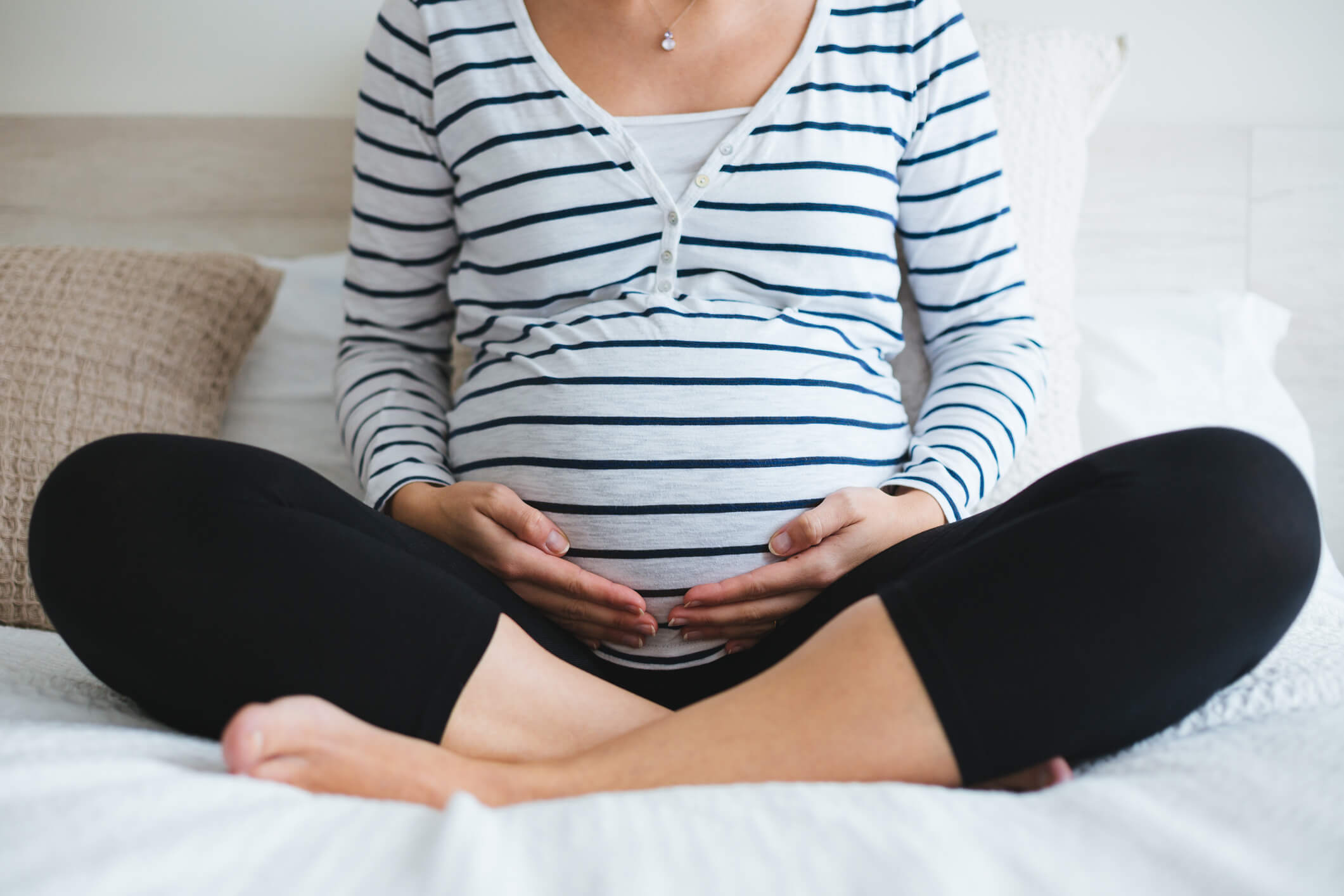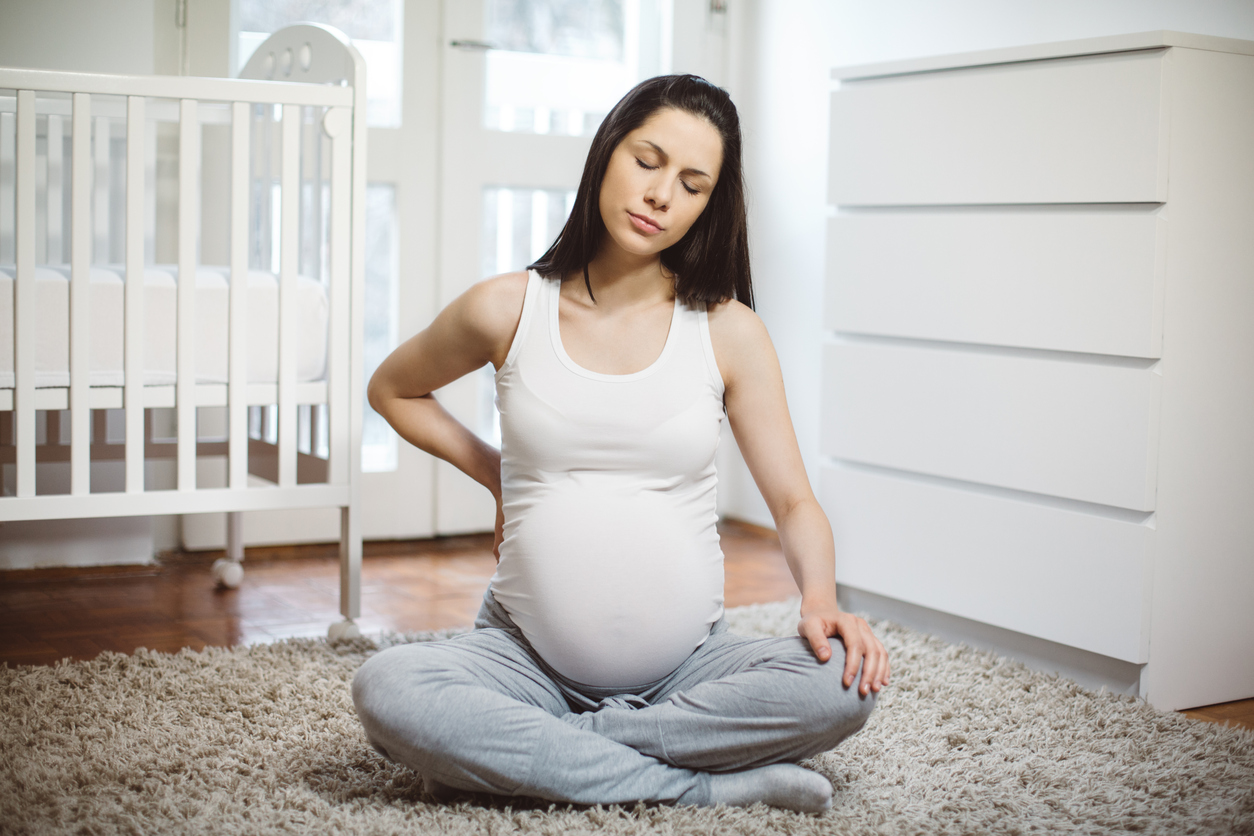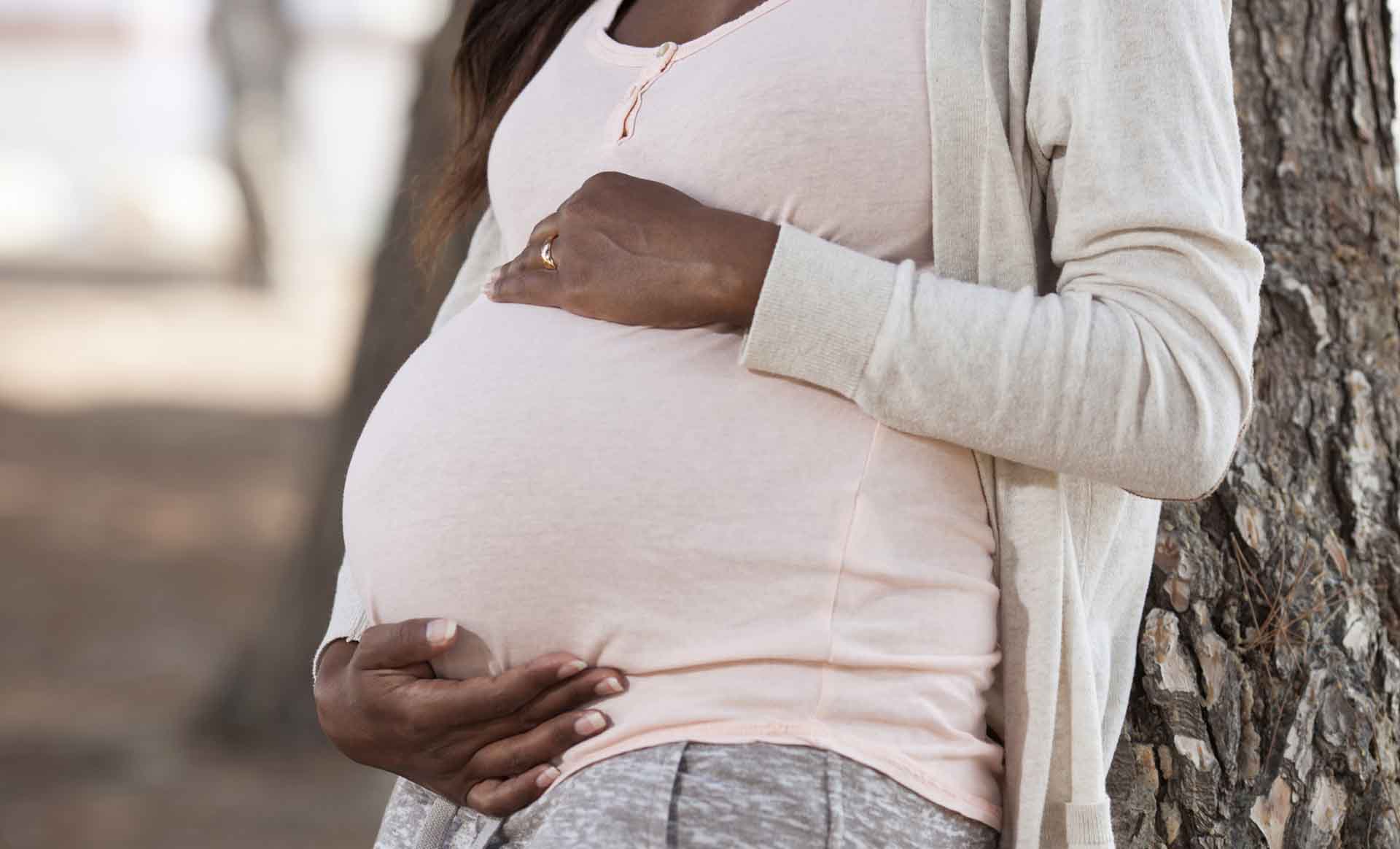-
Unsurprisingly, growing a new human can take its toll. From the moment you conceive to the realisation you’re heading into labour, your body is on its own odyssey to motherhood. Even if you’re Michelle Bridges, there will be lots of new sensations that you will naturally adjust to, with some more painful than others.
Read on to learn more about the most common aches and pains while you grow your little resident, what’s normal, and some strategies to help soothe them.
Aches and pains you can expect
- Leg cramps: Many pregnant women experience cramps in the foot, thigh and calf muscles. It’s still not clear what causes cramps during pregnancy, but there are a number of theories, including carrying extra weight, electrolyte imbalances and inactivity. They typically strike at night (just when you’re really loving that linen and pillow), and are best soothed by a little massage or walk.
- Lower back pain: It’s also common to experience lower back pain (surprise surprise, that added person in your stomach is quite the heavy lift!). This pain is usually the result of ligaments in your body stretching to prepare for labour.
- Pelvic pain: A third common pain you may experience is in your pelvic region. This is commonly referred to as ‘pelvic girdle pain’ and it’s estimated around one out of five pregnant women experience it to some degree. Pelvic pain is a result of misalignment or stiffness in the joints at the front or back of your pelvis. Added to this, your little resident takes up space, which changes your posture and affects the way your pelvic joints work.
READ MORE: How prenatal pilates can benefit mums to be
Strategies to manage pains and aches (and turn your living room into a massage parlour)
There are a range of things you can do to help soothe aches and pains that you confront throughout your pregnancy. Like lots of changes we experience in life, it’s important to recognise that this is a unique period of your life and you will adjust. Below are tips to help you get through:
- Get movin’: Pregnancy is not the time to climb Mount Buller, or start training for an ultra-marathon, but there is certainly no harm in going for a stroll or brisk walk. Light exercise during pregnancy has a range of benefits – it can help reduce back and pelvic pain, improve circulation and posture. improve circulation.
- Put your feet up when relaxing: When lying down, put your feet up on a pile of cushions. Elevating your lower legs will not only have a relaxing effect, it will also help you decrease risks of swelling while improving blood flow.
- Immerse yourself in water: Be it a swimming pool, an evening bath or some aquarobics, immersing yourself in water will help ease the load on your body. It will also help you to relax your mind while minimising the sensation of weight on your lower back.
- Apply heat to areas of pain: Try using a warm pack or hot water bottle on areas of the body that are sore or tender.
- Empower (persuade) your partner to be your in-house masseuse: Receiving a light massage when you are expecting is a great way of locating different pressure points and easing the build-up of tension in your muscles. It’s also a welcomed excuse for some intimate bonding with your partner.
If you find your pain persists, discuss with your GP or midwife.
READ MORE: Dealing with pain during pregnancy
Red flags and when to seek help
While you can expect the aches and pains during pregnancy, there are some instances where you should seek help. If you start to experience pelvic pain, an early diagnosis and treatment can help to keep pain to a minimum going forward. If back pain or leg cramps are severe, persistent or affecting your ability to function on a day-to-day basis, it’s a good idea to speak to your doctor or midwife.
There are also signs that might suggest that a more serious complication or condition. These include, but are not limited to:
- Vaginal bleeding
- Severe stomach pain
- Persistent pain in the same area
- A high temperature
- Vomiting that will not stop
- Vision loss or blurred vision
- Widespread itching of the skin
- Sudden swelling of face, hands and feet.
Where to seek help
If you experience severe pain or recognise any of the above signs or symptoms listed above, you should contact either your local GP, your obstetrician or your maternity hospital. In an emergency, you should call 000 for an ambulance.
Common aches and pains and what they mean

-
Avoiding cold and flu during pregnancy
During pregnancy, women are at an increased risk of experiencing complications from the flu. Make sure you understand what steps you can take to help keep you and your baby healthy.
-
Choosing childcare that fits your family
Here’s what you need to know when choosing childcare
-
How to avoid 'dad bod'
How to keep fit and healthy with a new baby in the house
-
Expecting a baby during COVID-19
We address some common questions you may have.
-
How your extras can help during pregnancy
Use your cover to stay healthy
-
Pregnancy self-care essentials
Obstetrician Dr Chris Russell shares some advice.
Subscribe to receive the best from Live Better every week. Healthy recipes, exercise tips and activities, offers and promotions – everything to help you eat, move and feel better.
By clicking sign up I understand and agree to Medibank's privacy policy






